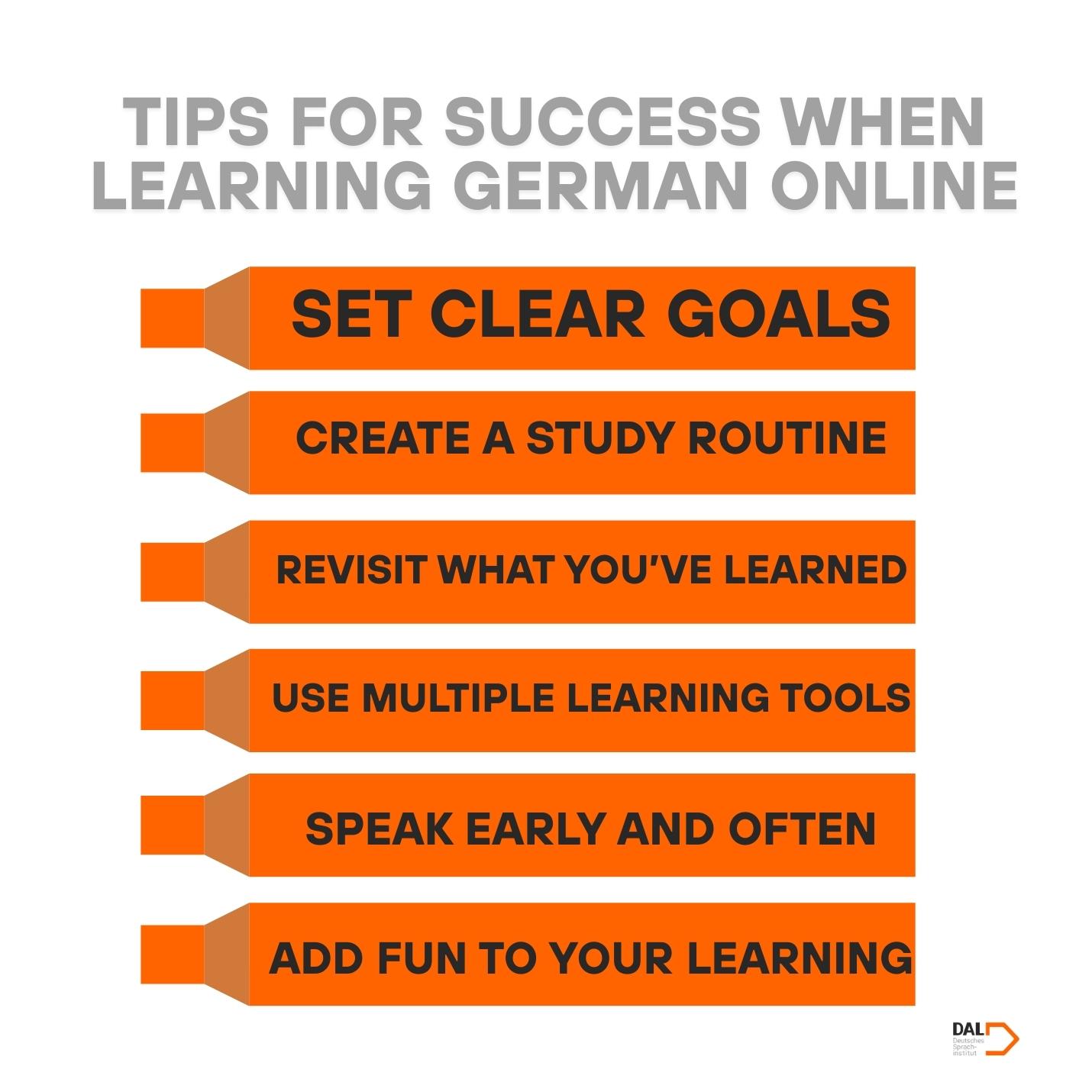Learning German online as a beginner can feel overwhelming, especially when you’re faced with unfamiliar grammar rules and vocabulary. But thanks to the flexibility of online platforms, starting your German language adventure has never been easier or more accessible. From bite-sized lessons to real-time practice with native speakers, online courses offer tools designed to make your learning experience both effective and enjoyable.
If you’re ready to start speaking German but aren’t sure where to begin, this guide is here to help. We’ll explore why online learning is the ideal starting point, what to look for in beginner-friendly courses, and actionable strategies to help you learn effectively. By the end, you’ll be equipped to take the first steps toward mastering German with confidence.
Why Learn German Online for Beginners Is Easier Than Ever
Online learning combines flexibility, accessibility, and affordability, making it an excellent choice for beginners. Here’s a closer look at the advantages that await you when you choose to learn German online:
1. Study on Your Own Schedule
Online courses allow you to learn German at your own pace, fitting lessons into your daily routine effortlessly. Unlike traditional classes with strict schedules, you can decide when and where to study. Whether you squeeze in 10 minutes in the morning or tackle a longer session in the evening, the choice is yours.
2. Beginner-Friendly Curriculum
Most online platforms are designed with complete beginners in mind. They offer structured lessons that break down complicated topics into easy-to-understand steps. From learning the German alphabet to mastering essential phrases, these platforms ease you into the learning process.
3. Access to Native Speakers
Most online platforms are designed with complete beginners in mind. They offer structured lessons that break down complicated topics into easy-to-understand steps. From learning the German alphabet to mastering essential phrases, these platforms ease you into the learning process.
4. Affordable and Flexible Options
Online courses cater to a range of budgets, with many free or low-cost options available. Apps like Duolingo and Memrise help beginners get started at no expense, while subscription-based platforms like Babbel or Rosetta Stone offer in-depth learning experiences at reasonable prices.
5. Engaging and Interactive Tools
Online platforms tap into features like speech recognition, interactive quizzes, and multimedia lessons to make learning dynamic and enjoyable. These tools help you stay motivated, even when the content gets challenging.
What to Look for in Beginner-Friendly German Courses
Not all courses are suitable for beginners, so it’s important to know what makes a program worth your time. Here are the top features to prioritize when selecting a German course online:
Structured Lessons That Build Gradually
The best programs follow a clear progression, starting with foundational skills. Look for courses that offer lessons on basic topics like greetings, numbers, everyday vocabulary, and simple sentence construction to help you build a strong base.
Interactive Content
Learning becomes easier when it’s engaging. Choose platforms that offer quizzes, language games, and practice exercises to keep you motivated. Listening and speaking exercises, like those provided by Babbel, add an element of fun while reinforcing what you’ve learned.
Audio and Pronunciation Practice
Early exposure to German pronunciation and listening exercises is key to building confidence. Courses that include features like voice recognition (for example, on Rosetta Stone) help you develop proper accents and improve fluency.
Short, Digestible Lessons
Long lessons can feel overwhelming, especially as a beginner. Platforms like LingQ or Duolingo break their lessons into smaller, manageable chunks, letting you learn effectively without burnout.
Community and Tutor Access
Joining online communities or working with a tutor can fast-track your progress. Platforms like iTalki and Preply allow you to connect with native speakers, while discussion forums on Reddit (such as r/German give you valuable interaction with fellow learners.

Tips for Success When Learning German Online
Consistency and strategy are essential to making steady progress. Here’s how to succeed as you start learning German online:
1. Set Clear Goals
Define what you want to achieve and break it into smaller, measurable milestones. For example, aim to master greetings and introductions within two weeks, or commit to studying for 15 minutes a day.
2. Create a Study Routine
Consistency beats cramming. Incorporate small study sessions into your daily routine, whether it’s during lunch breaks or right before bed. Using tools like habit trackers can help you stay accountable.
3. Revisit What You’ve Learned
Regularly reviewing previous lessons is essential for retention. Many courses, like Busuu, incorporate built-in revision features to ensure you don’t forget earlier concepts.
4. Use Multiple Learning Tools
While sticking to a main course provides focus, exploring additional resources can enrich your experience. For example, use YouTube channels like Easy German for listening practice or apps like Quizlet to review vocabulary.
5. Speak Early and Often
Don’t wait to be fluent to start speaking. Whether repeating phrases aloud or engaging in short conversations with language partners, every effort boosts your speaking skills. Mistakes are part of the process, so don’t shy away from them.
6. Add Fun to Your Learning
Infuse entertainment into your learning by watching German shows with subtitles (e.g., “Dark”), listening to beginner-friendly podcasts, or trying out simple German recipes. Mixing in fun activities helps keep you engaged and motivated.
FAQs About Learning German Online for Beginners
How long does it take to learn basic German?
For most beginners, it takes around 2-3 months of consistent practice to master basic phrases and hold simple conversations. How Long it will take to Learn German Online depends on the effort and time you dedicate each day.
What are the best free resources for learning German online?
Some excellent free tools include Duolingo, Deutsche Welle’s Learn German program, and YouTube channels like Learn German with Anja and GermanPod101.
Is it necessary to learn grammar first?
While grammar is important, it’s not essential to master it initially. Focus first on building a functional vocabulary and understanding common phrases. Grammar will become more intuitive as you practice.
Next Steps in Your German Learning Journey
Starting to learn German online doesn’t need to be intimidating. With beginner-friendly courses, supportive communities, and engaging resources, you have everything you need to build a strong foundation.
Are you ready to take the first step? Explore platforms like Babbel, Duolingo, or iTalki today to jumpstart your German learning adventure. Set your goals, stay consistent, and enjoy the process. Before you know it, you’ll be having your first conversations in German.
Viel Erfolg! (Good luck!)


